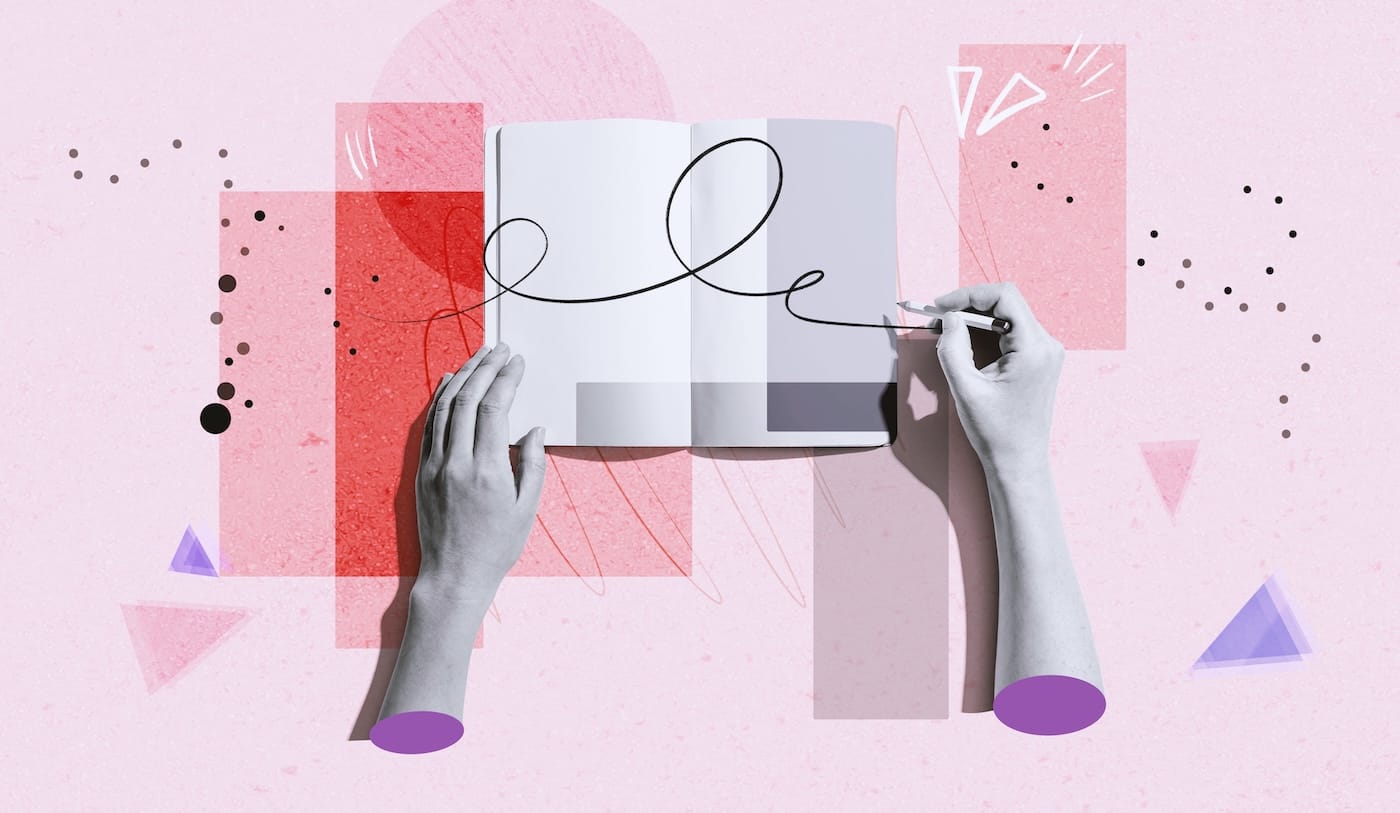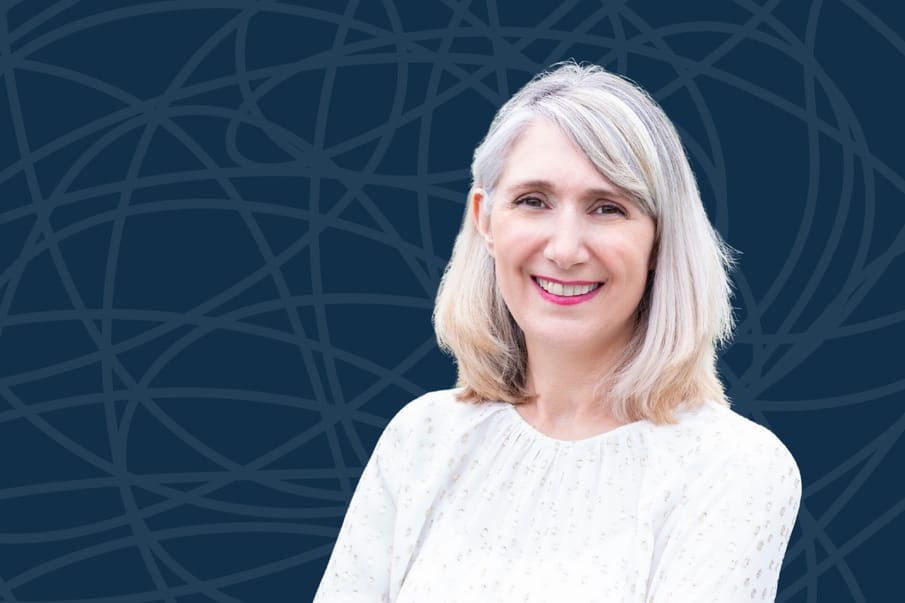Welcome to Anxiety on Your Mind, the series where we explore the reality of living with anxiety. In this edition, Wendie Ralphs, 56, from Leicester, shares how she navigates menopause-related anxiety
Wendie Ralphs as told to Fiona Fletcher Reid
As a young person, I don’t think I was particularly anxious. A little bit of social anxiety, yes, but it wasn’t until my late 40s that it started to ripple out into other areas of my life, and became a pressing issue.
At 48, my world turned upside-down. I experienced a huge loss when my daughter died unexpectedly. Around the same time, I had my last ever period, and was eventually confirmed as menopausal.
During that timespan, I was so overcome with grief that I barely registered the change in my periods. Six months later, I spoke to my GP and decided to start hormone replacement therapy (HRT). It helped immensely with regards to body aches, brain fog, and ability to focus – but to this day, I still need to be proactive to manage the heightened anxiety.
I’m a therapist with more than 25 years of clinical experience, so, thankfully, I have plenty of strategies in my toolkit to help me along the way. For example, earlier this week I was attending a networking event, which I always dread. But I also know that it’s a feeling I’m willing to work through, because I know the outcome of networking is beneficial for both my wellbeing and my business.
When the dread starts building, I use a ‘reframing’ technique, where I remind myself that it takes time to get to know people, therefore the feelings of discomfort are natural when I’m introduced to a stranger. I’ve learned to trust that, at every networking event, I’ll get to a point where I feel comfortable and relaxed. I also remind myself that I always feel good afterwards. It’s not a sense of relief that it’s over, but instead, I actually feel my mood is boosted as a result of socialising with others in real life. That helps a lot.
Another thing that triggers my anxious feelings is writing, because I am undiagnosed dyslexic. Trying to get my words to ‘make sense’ is such a frustrating process that I end up procrastinating a lot. When this cropped up a few days ago, I went for a quick walk to get out of the house, and it made a massive difference. There’s something about the physical movement, combined with forward motion, that allows my brain to gently focus on a specific task.

By the time I headed back home, I’d found the motivation, and made a little plan in my head to tackle the writing task. I kindly told myself: ‘The minute you go back inside, you’re going to sit down, you’re going to put your timer on your phone for 45 minutes, and you’re going to write.’ This, along with wearing headphones to minimise distractions, really helped!
Like a lot of people at the moment, money is a source of anxiety for me. This week, I had an unexpected bill which made me panic. In just a few minutes, I went from feeling calm and stable, to wondering if I would have enough to cover my outgoings next month. My income has gone down recently due to various changes, so I began to worry, which then led to me questioning my abilities. I really believe that what we focus on grows, so I knew that if I continued to focus on my perceived ‘lack’, then things would likely get worse. Instead, I reminded myself that I have been through far worse than this, and looked back on all the things I’ve achieved – even when it seemed impossible. Looking back to find the evidence of past wins helped me see my own capabilities and inner strength. It led me to think more practically, and consider what financial changes I could make, and what plans I could action to bring in new business. Within minutes, I managed to halt the spiralling, and channel my energy into positive action.
That said, I’m still a big fan of taking things slowly when I can. The weekends are sacred to me, and I try to keep them as open as possible, never making too many concrete plans. I find having the freedom to simply wake up and connect with how I truly want to spend my time is powerful. Sometimes, I want to paint, other times I want to meditate, or read a book. Often, I’ll reach out to a friend. Prioritising time with the people I love is so important. Especially during menopause – talking openly with friends about this experience has been so eye-opening, and so comforting, to know that I am not alone.


Comments